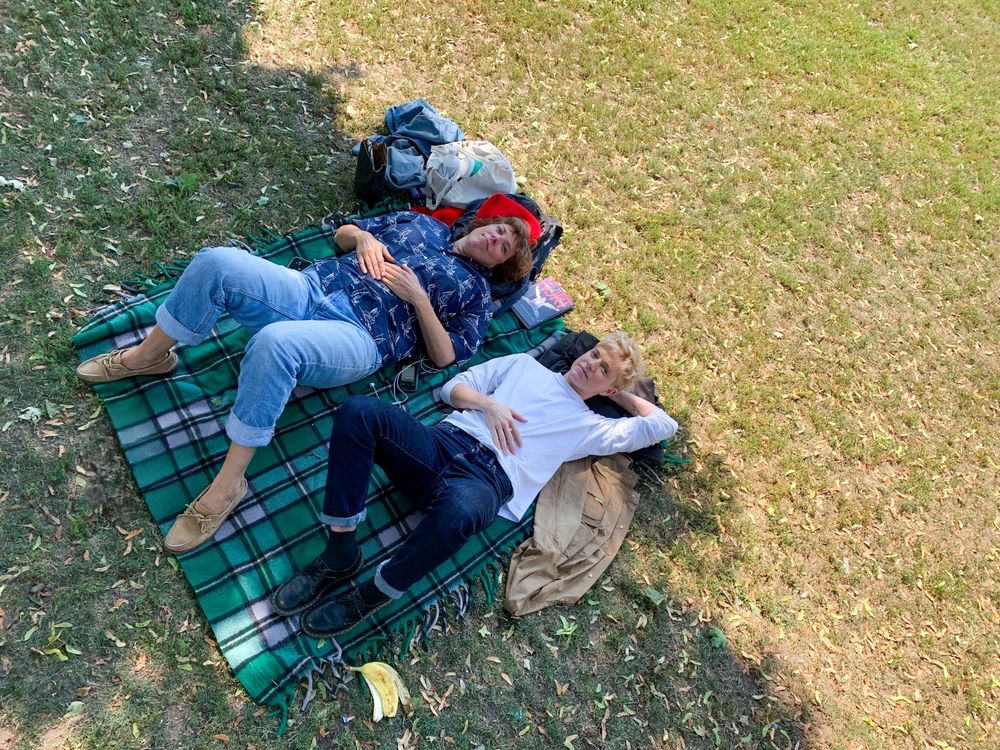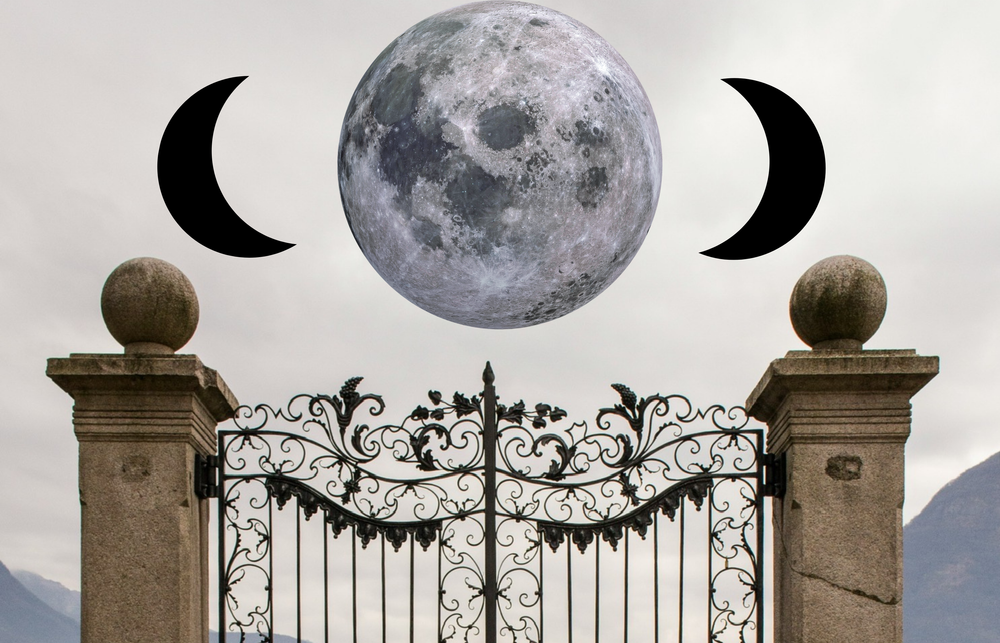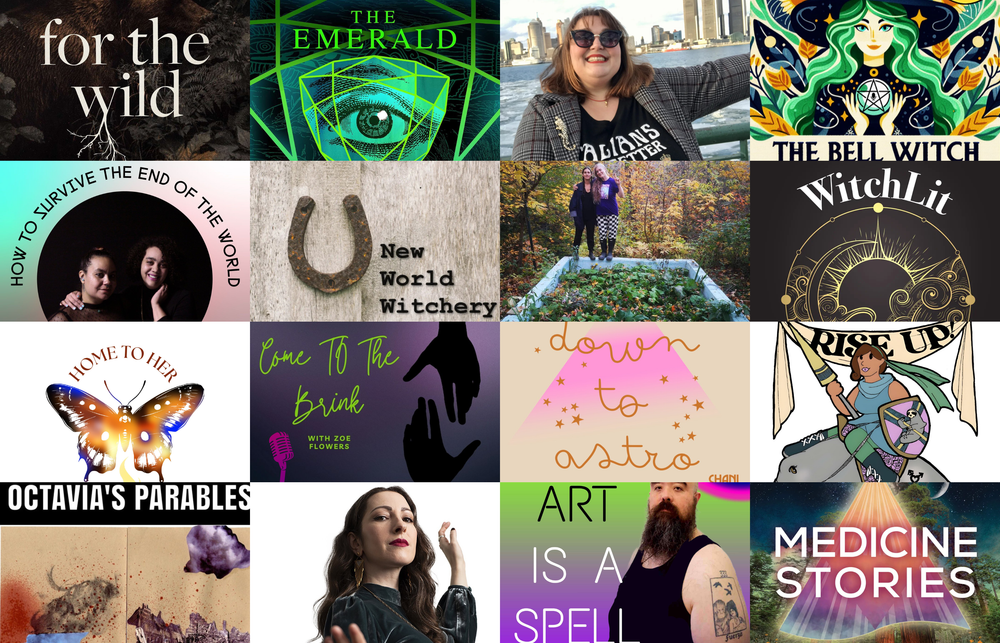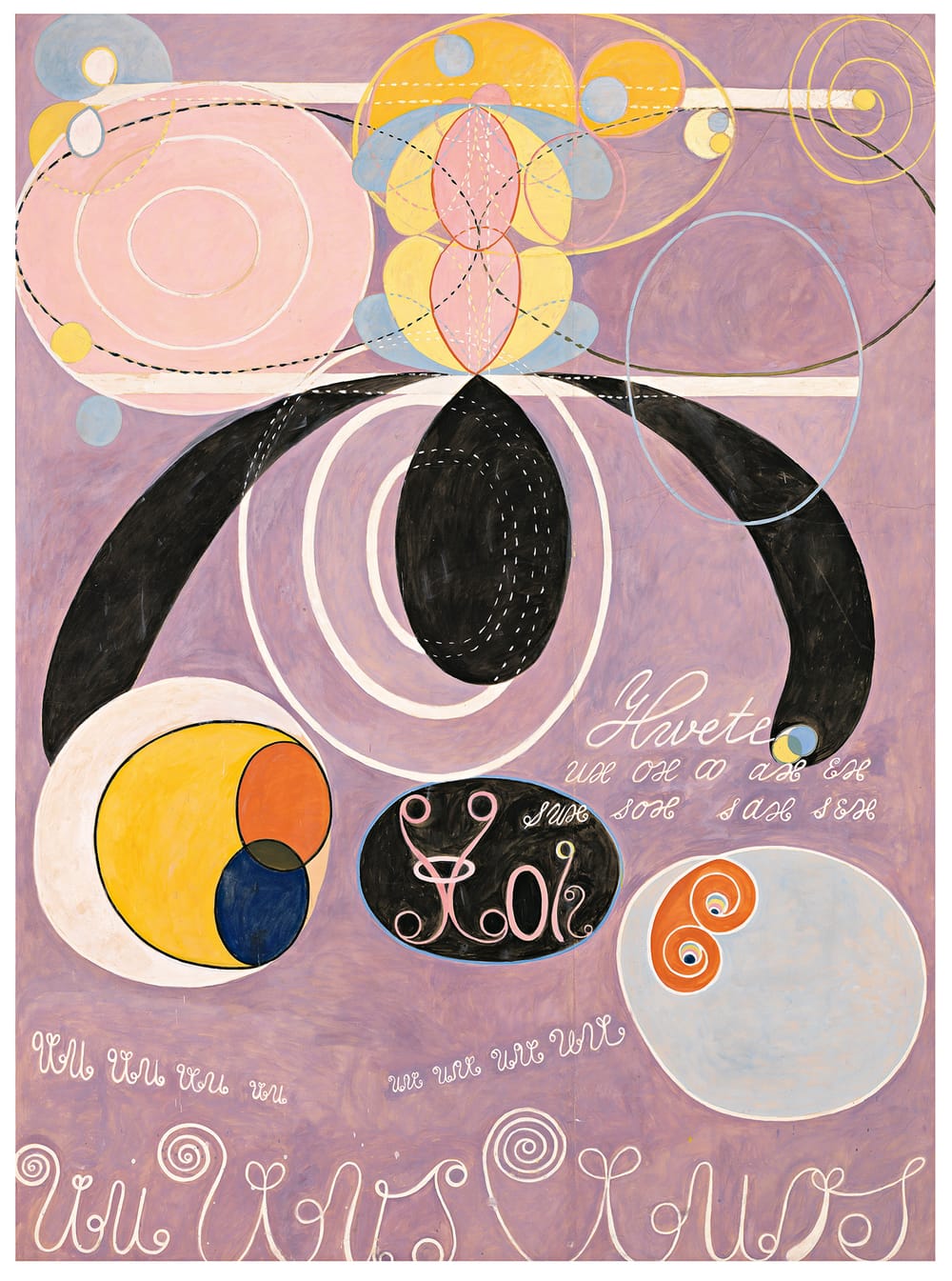So I am in the throws of writing about the artist Hilma af Klint for this season of the Missing Witches podcast, (as well as Hilma's partner Anna Cassel and her other lovers and creative collaborators, and the visions they channeled and the ways they conjured the future and made these astonishing works of art…) And then at night, after the kiddo is asleep, I stumble upon this docu-series on Crave about queer comedian Carolyn Taylor channeling her vision of an Olympic-caliber skating routine into being and everything in me is like: Yes. This too.
In I Have Nothing, Carolyn takes us from this world of stand-up clips where over and over again she tells the story of her vision: she’s driving along with her girlfriend when she hears Whitney Houston sing I Have Nothing and suddenly she can see it all. In her vision, it’s a figure skating routine, performed as a tribute to figure skating at this one moment in time: the 1988 Winter Olympic Games in Calgary, and it’s a joke and it’s hilarious but there’s also something totally fascinating that happens in your mind when you watch her share her vision because she “skates” it. She waves her arms around and squats to show us jumps and it is simultaneously funny because she is not a graceful swan on blades gliding across the ice and also, she is! In your mind, you start to see it. As Mae Martin, Carolyn’s friend of over 25 years and voice of the audience/witness in the docu-series, points out, when Carolyn performs this bit in her stand-up routine something comes over the crowd and they cheer and scream at each trick as though she is actually landing the jumps in front of them. In the space opened up by this all being a joke, the vision hovers into reality for the audience. And then, during the Covid lockdown, Carolyn starts to wonder: could she pull it all the way out of the joke and into the world? And then she does.
And maybe there are some caveats required on why this magic works so completely for me. I’m the same age as Carolyn Taylor, and grew up in Canada like she did, and watched figure skating throughout the 80s with my grandmother, religiously. So I share her every referent in this series. When Sandra Bezic - iconic skater, commentator, and choreographer - realizes Carolyn is sincere and we see her defensiveness change as she catches a glimpse of Carolyn's real vision, and she steps into this weird space that Carolyn creates where it’s not a joke, but everything is possible because it’s comedy, and Sandra says with complete earnestness “Ekaterina Gordeeva is our goddess” I know exactly what she means. She was perfection. She was sacred. The sacred lives outside of regular rules of time and space and Carolyn has conjured it. And when Brian Orser and Carolyn look into each other’s eyes during a skating lesson in the “true homosexual to homosexual” way, I felt that in my bones. Something about the way gender is always a performance, and how skating takes that to a place that is kitsch and pure play and pure romance. And how much it meant for both of them, for all of us, in those early days when we knew the skaters were gay and we were allowed to adore and admire them anyway, and our grandmas did too. (Mel Woods situates I Have Nothing in the context of Queer Obsession for this great piece on Xtra.)
I want to tell you so much more about the way this series works, how much time it spends on craft, on following the creative process. I want to write like a 1000 pages about watching the professionals around Carolyn go from discomfort, laughing-at, confusion, and feeling insulted when they think their labour and craft is being underserved, to slowly realizing that her vision is deeply rooted and that her commitment to invoking their own genius and inviting them into improvisation with her is sincere and thoughtful. But I also need to get back to writing about Hilma, and the way her visions overturn conventional narratives of lonely genius authorship, and anyway, I think it’s best if you just go watch it. I know I will watch it again many times. I know somehow it's related to everything else we're working on right now, I just don't know exactly how yet, and so all I have to offer is this hasty love letter of a Zine post.
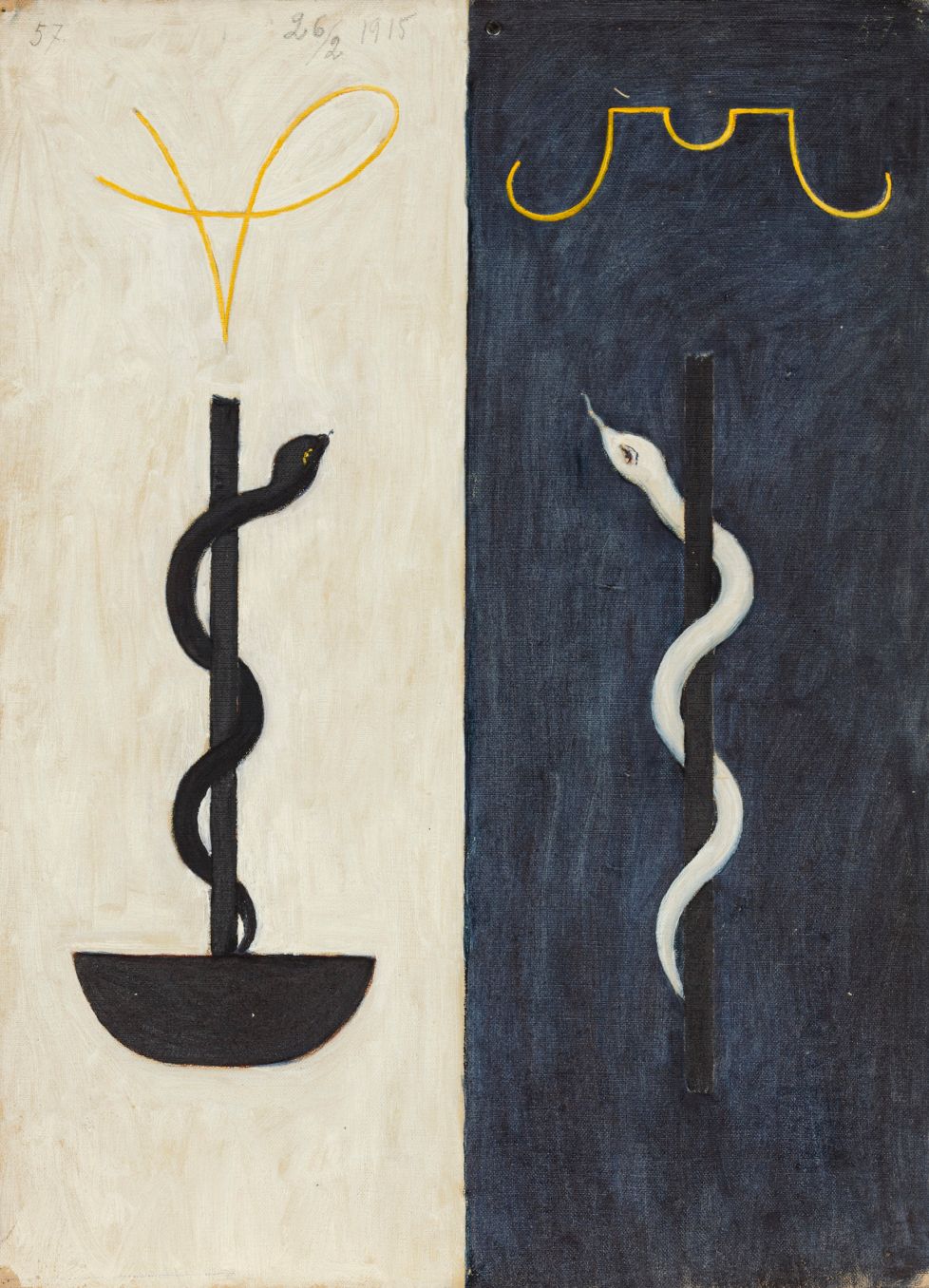
I do have to say one last round of loving things about Mae Martin before I go, though. I have admired Mae Martin’s work since their Netflix special Feel Good which alongside Josh Thomas’ Please Like Me and Hannah Gadsby’s Nanette and Tig Notaro’s Good Evening, Hello, I Have Cancer are my favourite things to have happened in storytelling maybe ever. They feel like dark, rotting, heartbroken, true things being given air and love and laughter and courage and tears, and in that way, they brought us closer to a world I want to live in. They exemplify what we often talk about here at Missing Witches: that the most powerful spell we cast is to tell the truth.
In I Have Nothing, Mae manages to hold both Carolyn and the audience in that way too. Mae tells the truth, about Carolyn’s intensity, about realizing she is both a brilliant comedian and also totally serious and sincere, that this skating dream is not a joke and what a weird feeling that is. How beyond surreal it is when the stand-up routine begins to manifest into actual, sequinned materiality. Mae is so fucking funny it relieves the tension of this weird quest in moments when that feels absolutely crucial, but they go to all the non-ironic sincere places with their beloved friend as well. They tell the funny truth AND they also hold it with love, and that is an alchemical balancing act.
The series closes with the song Carolyn and Mae wrote together, a song which throughout the series seems pretty bad and embarrassing, and by the end it’s beautiful. The joke brought something real and vulnerable into the world, something that had heartbreak and trauma AND romance, childhood and naive hopefulness all tangled up in it. A vision that needed the protection of real friends and laughter for it to get to be. Mae Martin in all their work is an always-caring truth-teller about sex and love and the brutal, beautiful world as they are moving through it, and they are the ideal witness to Carolyn Taylor’s strange, delusional, radically powerful act of queer magic.
Risa Dickens is the co-creator of the Missing Mitches podcast and co-author of Missing Witches: Reclaiming True Histories of Feminist Magic and New Moon Magic: 13 Anti-Capitalist Tools for Resistance and Re-Enchantment.
